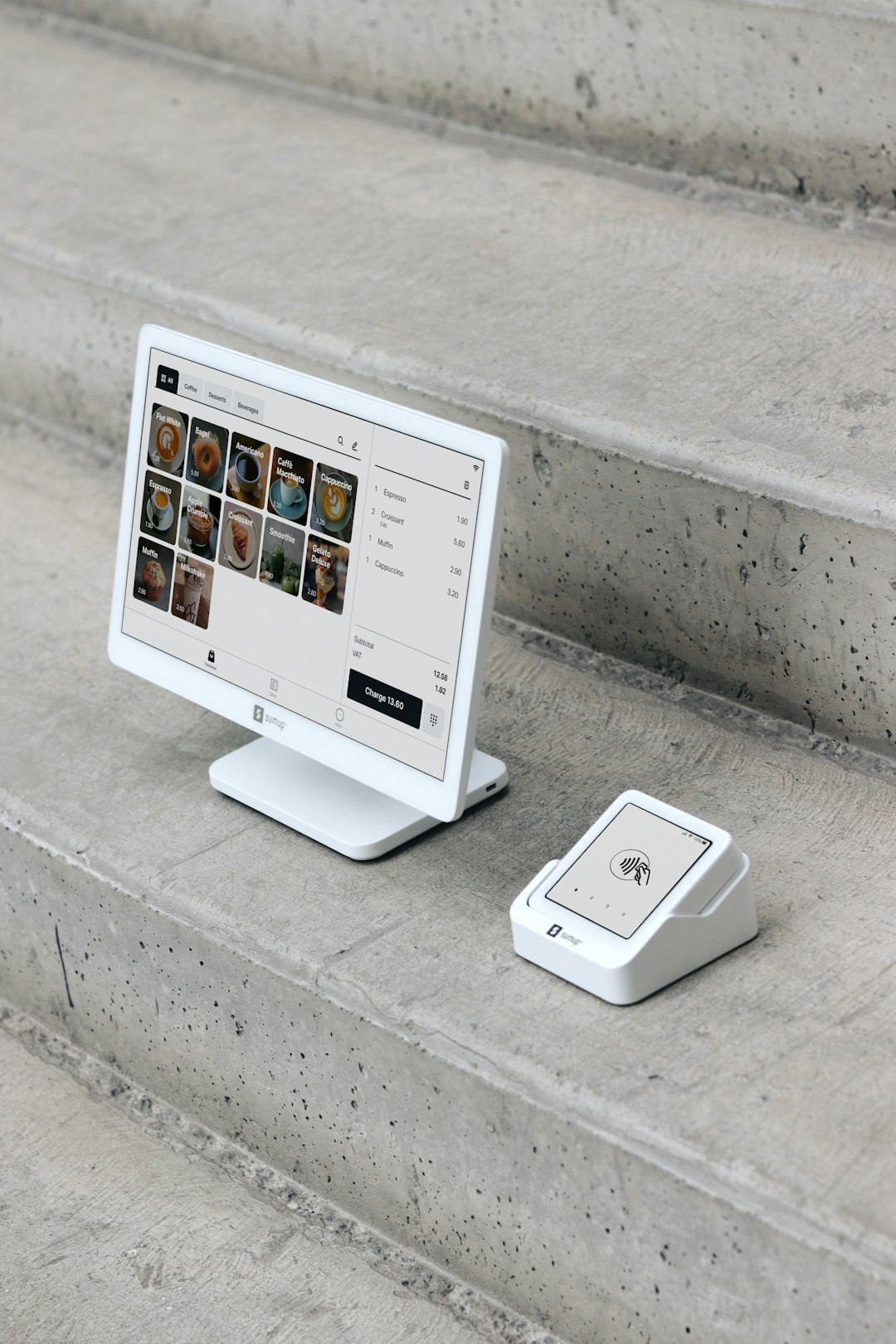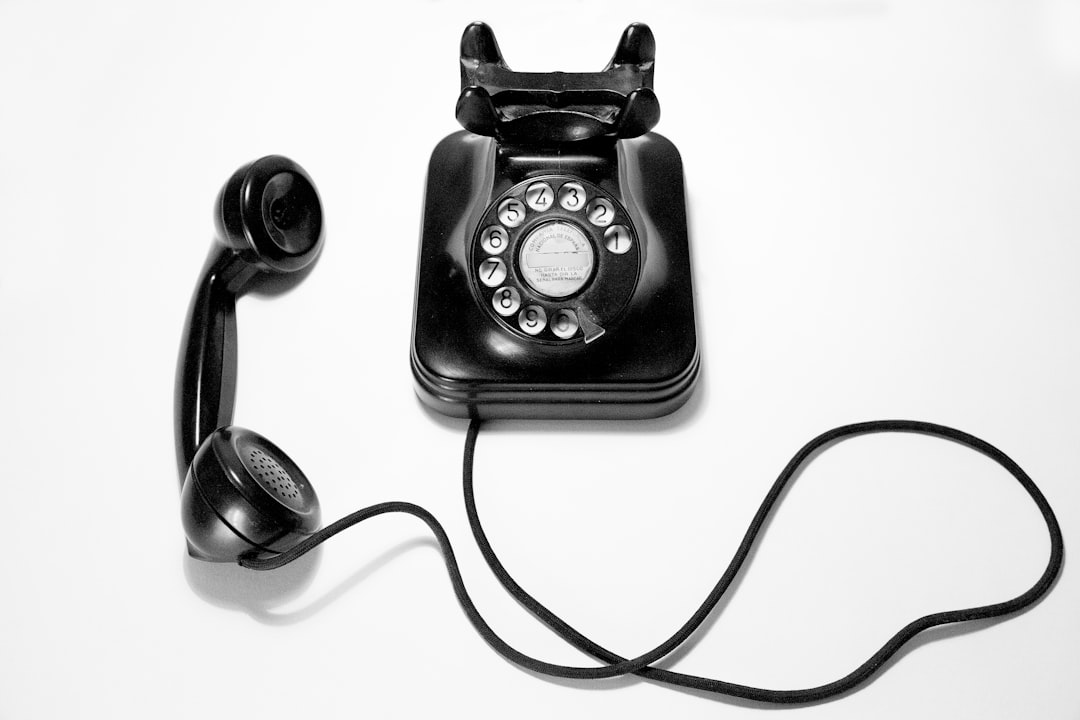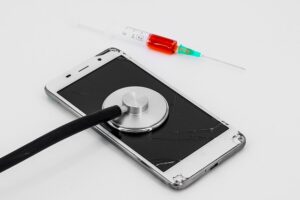Healthcare providers in Miami, Florida, face complex regulations when using autodialers for patient outreach due to privacy laws like HIPAA. To ensure compliance, protect patient data, and avoid legal issues, it's crucial to partner with autodialer attorneys Florida specializing in healthcare regulations. These experts guide organizations on consent acquisition, do-not-call list adherence, and respectful automated call practices, fostering trust, maintaining operational integrity, and enhancing patient engagement. A strategic approach involving training, protocol audits, and legal guidance is essential for effective and compliant autodialer implementation.
Navigating autodialer compliance is crucial for healthcare providers in Miami, FL. This article delves into the intricate regulations surrounding autodialers in Florida’s healthcare sector, highlighting the importance of legal expertise for local providers. We explore how autodialer attorneys in Florida play a pivotal role in ensuring compliance and offer practical strategies for implementing and maintaining robust autodialer protocols. By understanding these guidelines, healthcare providers can avoid legal pitfalls and effectively utilize autodialers while adhering to state laws.
Understanding Autodialer Regulations in Florida's Healthcare Sector

In Florida, healthcare providers must navigate a complex landscape of regulations surrounding the use of autodialers for patient outreach and communication. The state’s stringent privacy laws, such as those set forth by the Health Insurance Portability and Accountability Act (HIPAA), govern how medical practices can utilize automated dialing systems to contact patients. These regulations ensure that patient data is protected while allowing healthcare providers to effectively engage with their communities through autodialer technology.
Healthcare organizations in Miami, like elsewhere in Florida, need to partner with knowledgeable autodialer attorneys to ensure compliance. Such legal experts can guide practices on issues like obtaining proper patient consent, adhering to do-not-call lists, and ensuring that automated calls are made in a way that respects patient privacy. By working with autodialer attorneys Florida, healthcare providers can avoid legal pitfalls, maintain the trust of their patients, and leverage autodialers as powerful tools for patient engagement and outcomes improvement.
The Role of Legal Experts in Ensuring Compliance for Miami Providers

Navigating the complex landscape of healthcare regulations can be a daunting task for Miami-based providers, especially regarding autodialer compliance. This is where legal experts play a pivotal role. Autodialer attorneys Florida are well-versed in the intricacies of patient privacy laws, such as HIPAA, and the Telephone Consumer Protection Act (TCPA). They guide healthcare providers through the process of implementing safe and compliant autodialing practices, ensuring that patient data remains secure and protected.
These legal professionals help Miami’s healthcare sector avoid costly fines and reputational damage by offering specialized knowledge and strategic advice. By engaging autodialer attorneys Florida, providers can rest assured that they are adhering to all applicable laws, thereby fostering trust with their patients and maintaining operational integrity.
Strategies for Implementating and Maintaining Properautodialer Protocols

Implementing and maintaining proper autodialer protocols for healthcare providers in Miami requires a strategic approach. First, engage the expertise of autodialer attorneys Florida who specialize in navigating regulatory compliance. These legal professionals can help tailor comprehensive guidelines that align with both state and federal laws, such as HIPAA privacy rules, ensuring your autodialer system operates within legal boundaries.
Second, conduct thorough training sessions for staff responsible for managing patient outreach through the autodialer. Educate them on call handling best practices, including obtaining proper consent, documenting interactions, and adhering to do-not-call lists. Regular audits and monitoring of autodialer logs can help identify any deviations from protocols and allow for immediate corrective actions. This proactive approach not only maintains compliance but also enhances patient satisfaction and avoids potential legal repercussions.






